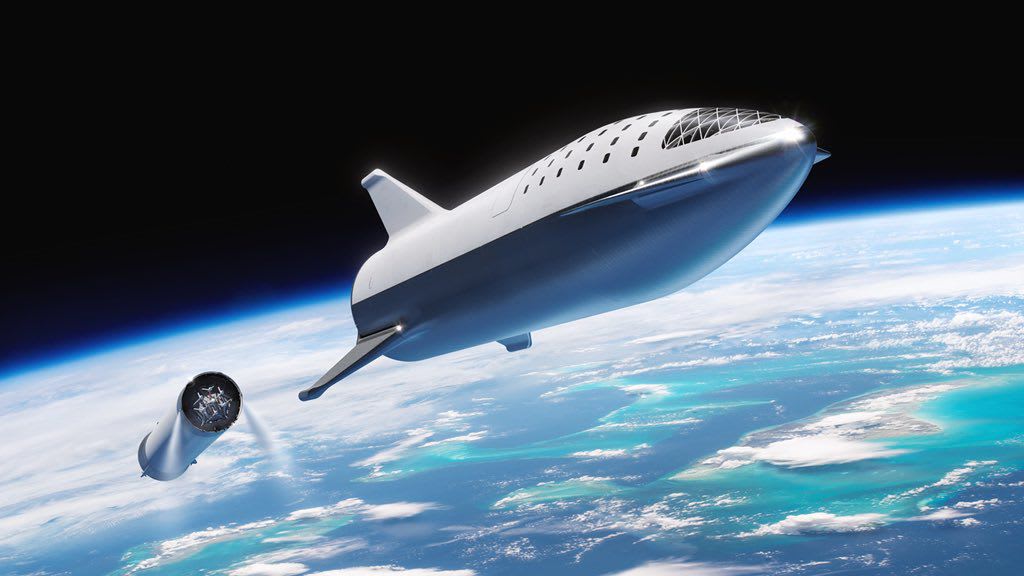The Final Frontier of Adventure and Exploration!
Space Tourism

Space has always captivated the human imagination, with its vastness and mystery inspiring dreams of exploration beyond our planet. Over the past few decades, space tourism has emerged as a tantalizing prospect, offering the possibility for civilians to venture into the cosmos. This essay delves into the concept of space tourism, exploring its history, the current state of the industry, the challenges it faces, and the potential it holds as the final frontier of adventure and exploration.
I. The History of Space Tourism:
The idea of space tourism dates back to the early days of space exploration. In the 1960s, space agencies like NASA contemplated the concept of sending civilians into space, but the immense cost and technological challenges of space travel made it a distant dream. It was not until the 1990s that the idea gained traction, with companies like Space Adventures and Virgin Galactic taking the first steps towards making space tourism a reality.
II. The Current State of the Space Tourism Industry:
As of the present day, space tourism remains in its infancy, but significant progress has been made. Several private companies are actively developing space tourism programs, aiming to offer suborbital and orbital flights to paying customers. Some of the key players in the industry include:
A. Virgin Galactic:
Founded by Sir Richard Branson, Virgin Galactic aims to offer suborbital spaceflights to civilians. The company's SpaceShipTwo is designed to carry six passengers and two pilots, offering a few minutes of weightlessness and a breathtaking view of Earth from the edge of space.
B. Blue Origin:
Led by Amazon founder Jeff Bezos, Blue Origin is developing New Shepard, a suborbital rocket designed to carry tourists to the edge of space. The spacecraft's crew capsule is equipped with large windows, allowing passengers to experience weightlessness and marvel at the curvature of the Earth.
C. SpaceX:
Elon Musk's SpaceX is at the forefront of space travel advancements, though its primary focus is on missions for government agencies and commercial clients. SpaceX has plans to send private individuals on orbital missions, including trips to the International Space Station (ISS).
III. The Challenges of Space Tourism:
While space tourism holds immense promise, it also faces significant challenges that must be addressed for it to become a mainstream industry.
A. Cost:
Space tourism remains prohibitively expensive for the majority of the population. The high cost of space travel is a significant barrier, limiting access to only the wealthiest individuals or governments. As technology advances and economies of scale are achieved, it is hoped that costs will decrease, making space tourism more accessible.
B. Safety:
Space travel is inherently risky, and ensuring the safety of passengers is paramount. The space tourism industry must meet rigorous safety standards and invest in extensive testing and research to minimize risks associated with space travel.
C. Environmental Impact:
Space tourism raises environmental concerns, as rocket launches contribute to greenhouse gas emissions and potential space debris. It is essential for the industry to prioritize environmental sustainability and develop cleaner propulsion technologies.
IV. The Potential of Space Tourism:
Despite the challenges, space tourism holds immense potential for humanity's future.
A. Space Exploration and Inspiration:
Space tourism can foster a renewed interest in space exploration among the general public. As more people experience the wonder of space firsthand, they may develop a deeper appreciation for the cosmos and support further space missions and scientific research.
B. Space-Based Research and Development:
Commercial space tourism can drive advancements in space technology and research. The revenue generated by space tourism can be reinvested into space missions, leading to further scientific discoveries and advancements in space travel.
C. Expanding Humanity's Horizons:
Space tourism has the potential to make space travel a part of our collective human experience. Just as early aviation paved the way for commercial air travel, space tourism could herald a new era of space exploration, eventually leading to more extended stays in space, lunar and Martian missions, and beyond.
Space tourism represents the final frontier of adventure and exploration for humanity. While it faces challenges, the progress made by private space companies indicates that it is not a distant fantasy but a tantalizing possibility within reach. As the industry continues to evolve, the dreams of venturing beyond Earth's atmosphere and experiencing the wonders of space may soon become a reality for adventurous civilians. As we embrace space tourism, we must balance the excitement of exploration with the responsibility of safeguarding our planet and the cosmos. Space, the final frontier, beckons us to embark on a journey that could change the course of human history and inspire generations to come.
About the Creator
Reynol Brennan
A small blogger who shares emotions, life, life insights, and short stories, and provides everyone with happiness, growth, and common sense of life.






Comments
There are no comments for this story
Be the first to respond and start the conversation.